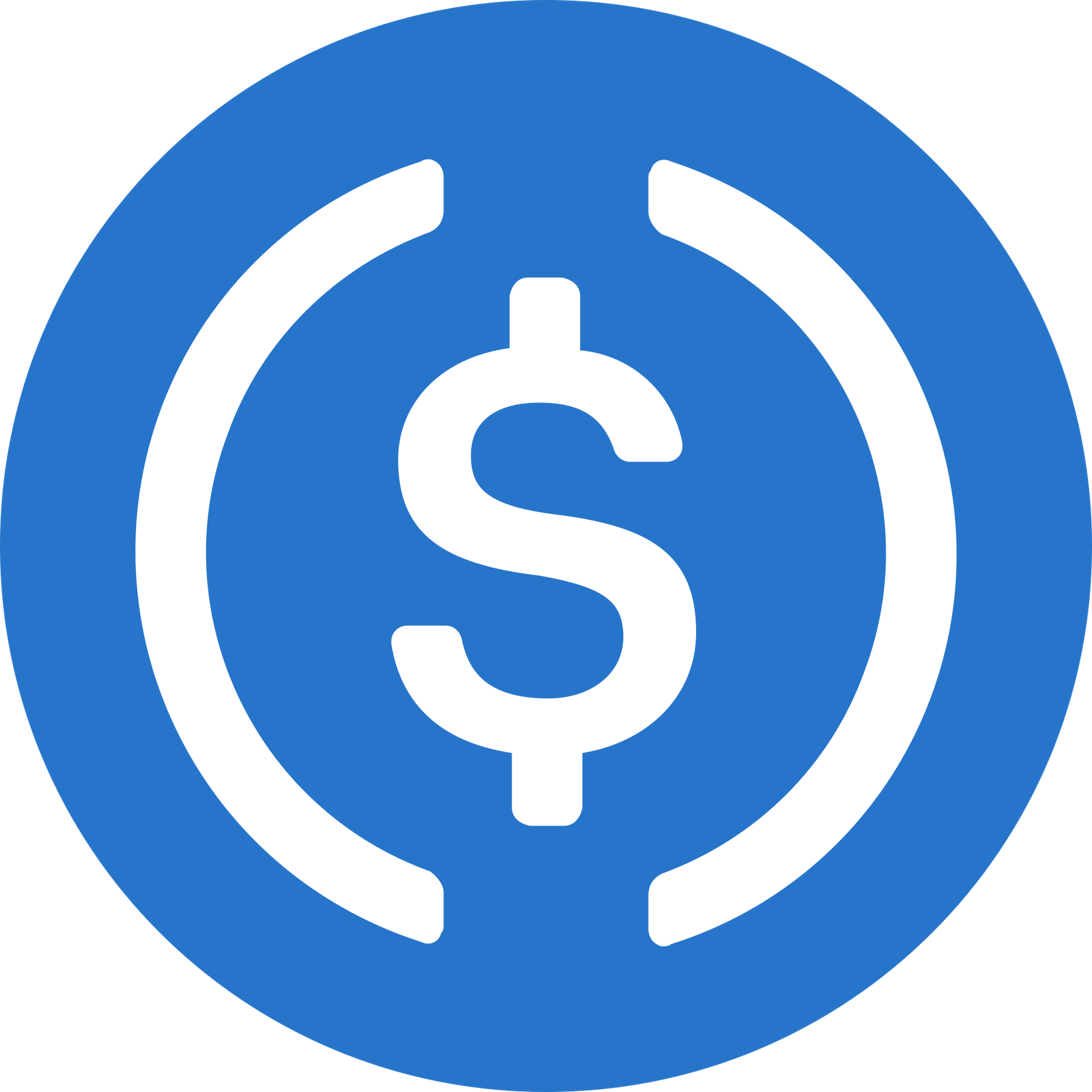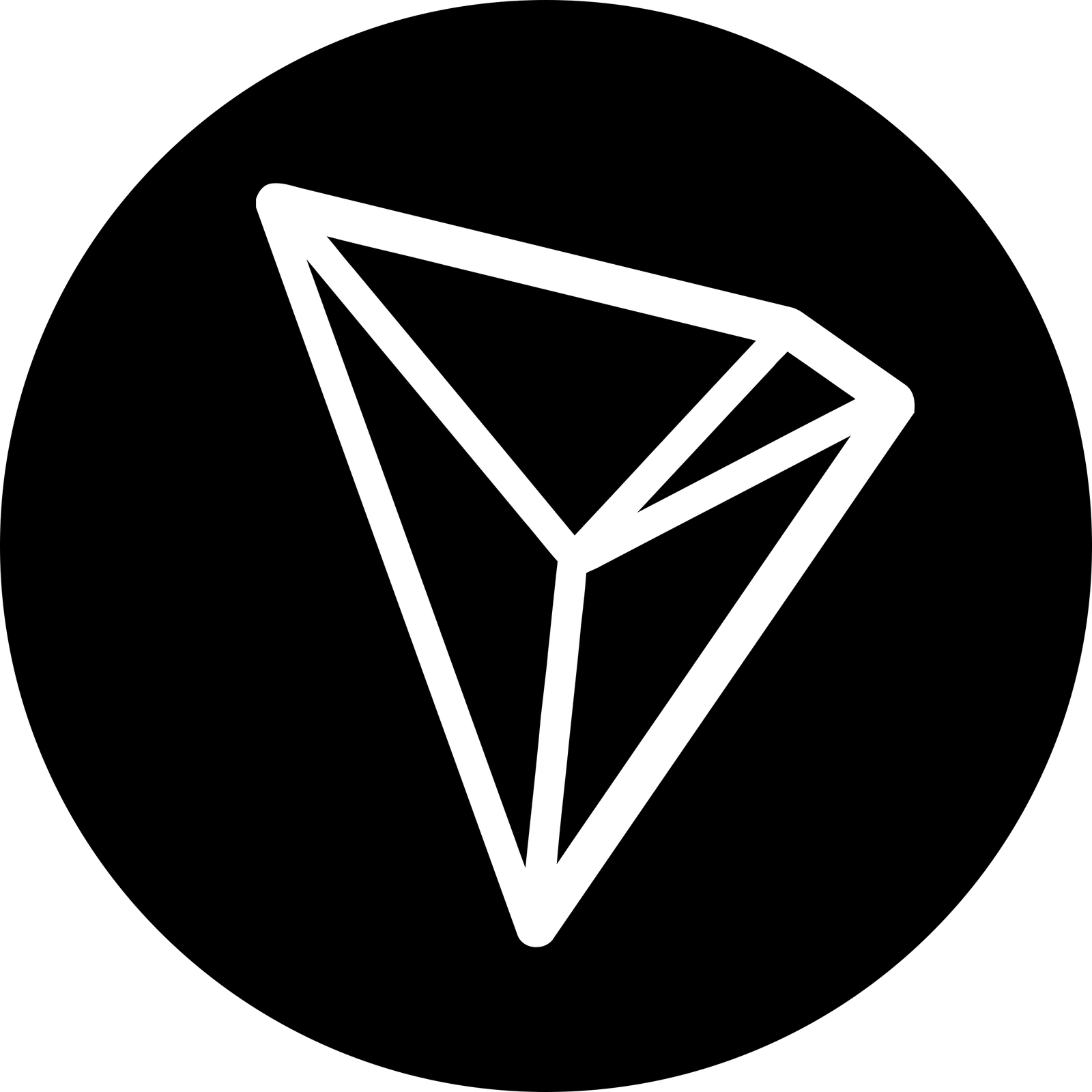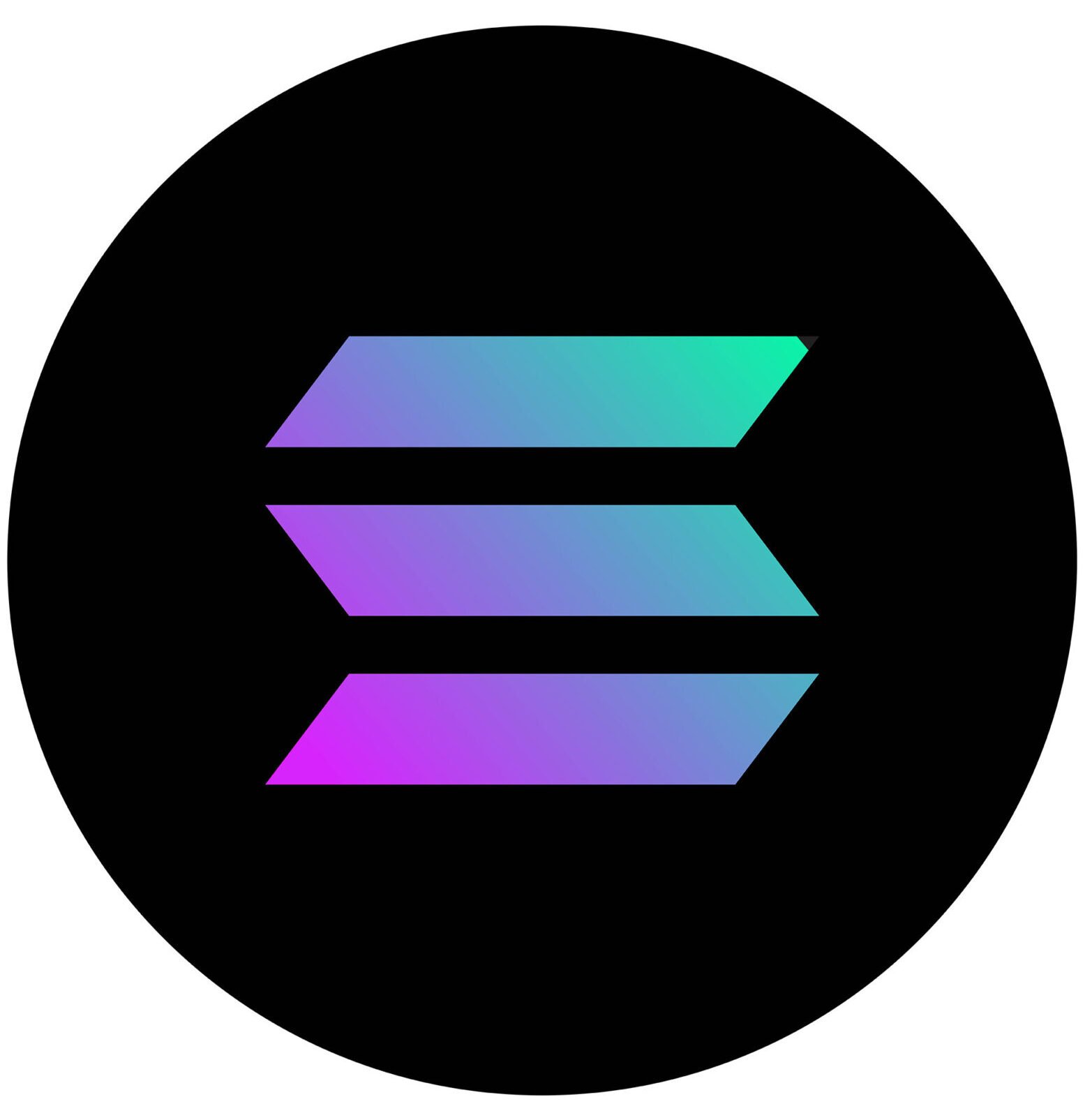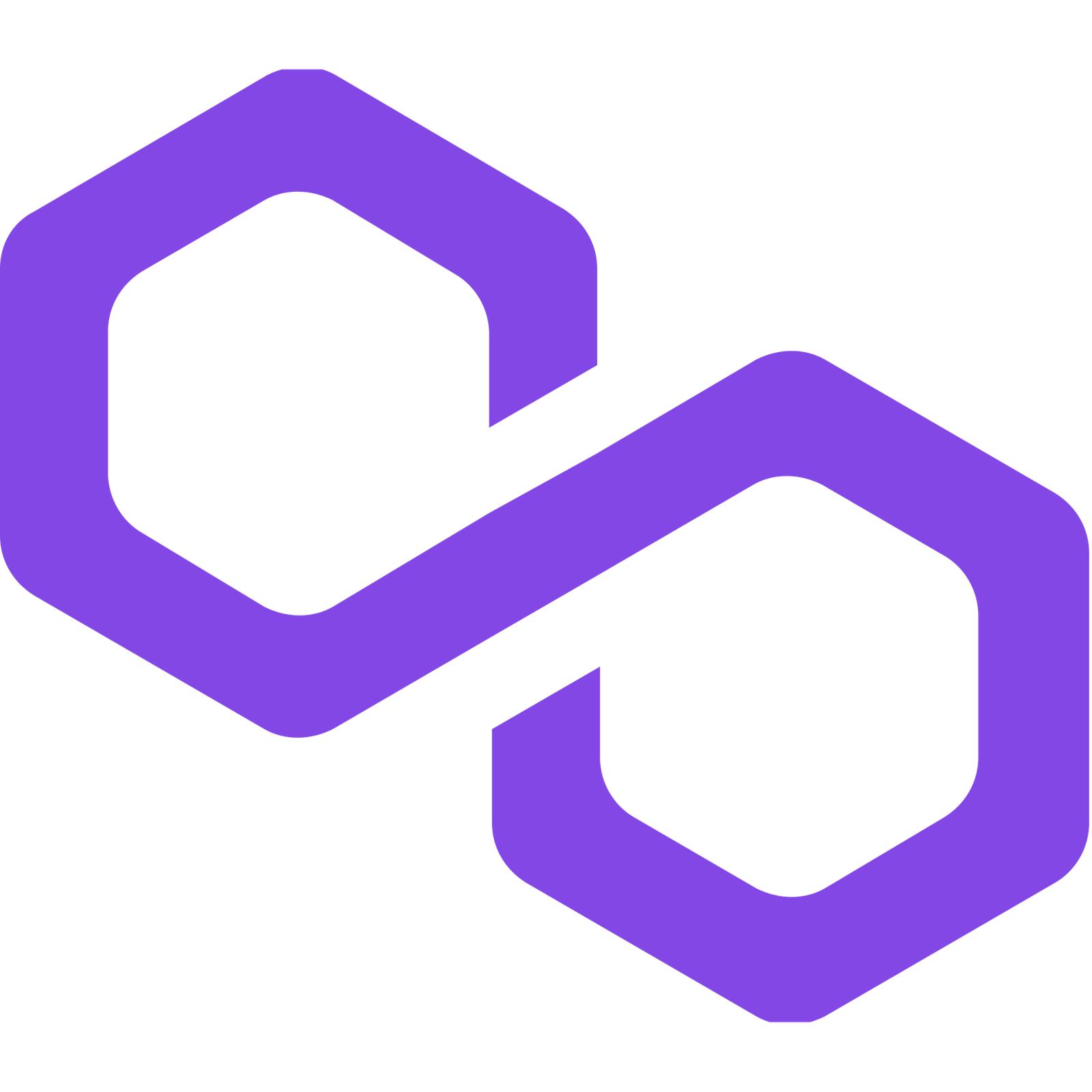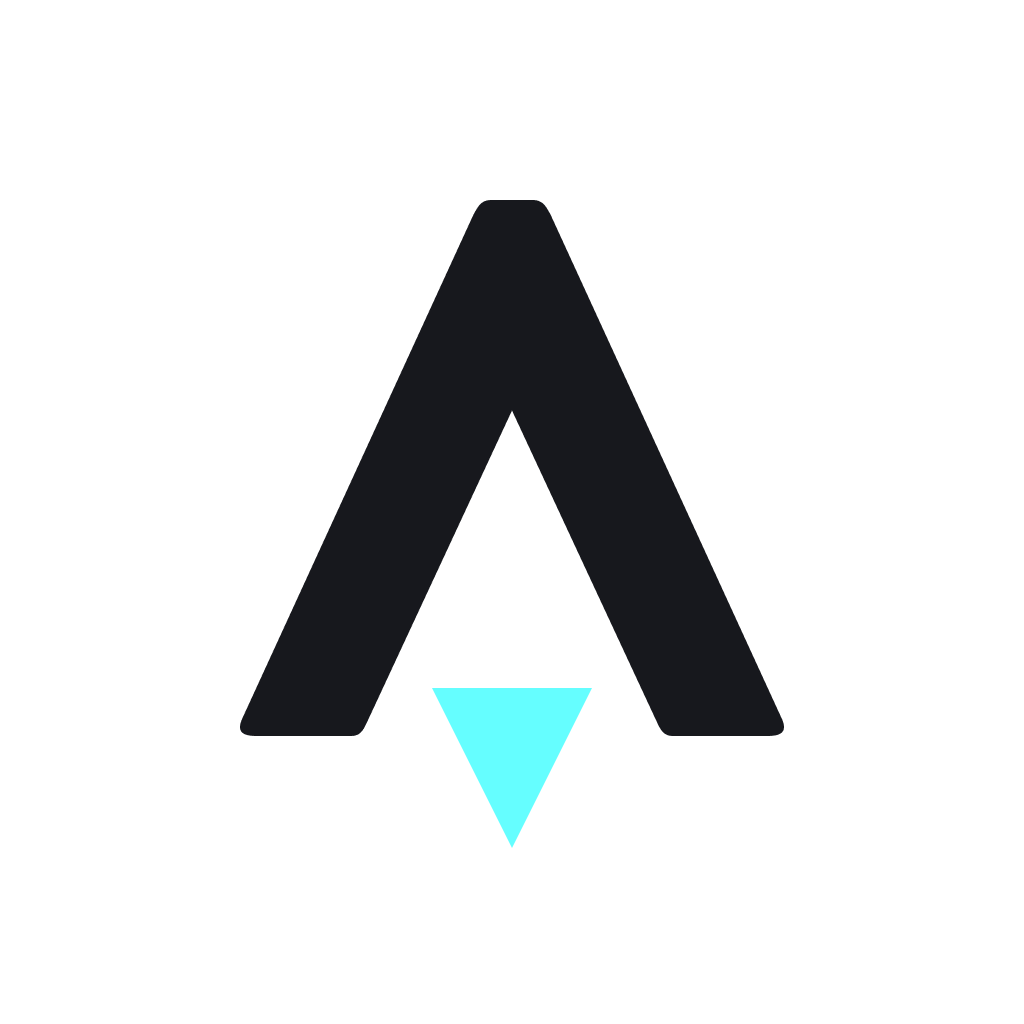Unlocking Web3: Your Guide to the Future of the Internet

Unlocking Web3: Your Guide to the Future of the Internet
The internet is undergoing a radical transformation, envisioned as Web3, where decentralized technologies redefine our digital interactions. This shift is marked by innovations in blockchain, cryptocurrency, decentralized finance (DeFi), and immersive technologies. As we stand on the cusp of this new era, understanding the latest trends, developments, and breakthroughs is essential for anyone looking to navigate the future of the internet.
Innovative Developments & Emerging Technologies
At the heart of Web3 lies blockchain technology—a decentralized, transparent ledger system that is revolutionizing data ownership and security. Recent advancements in blockchain protocols have enhanced scalability and interoperability, making them more accessible for developers and businesses alike. Projects like Ethereum and its Layer 2 solutions, such as Optimism and Arbitrum, are pushing boundaries, allowing for faster transactions and lower fees, which are crucial for mainstream adoption.
Moreover, the integration of artificial intelligence (AI) with blockchain is increasing efficiency in various sectors. AI can enhance smart contracts by making them adaptable and self-executing based on data. Virtual and augmented reality (VR/AR) are also merging with blockchain to create immersive experiences in the metaverse—a shared digital space that blends physical and virtual interactions. Platforms like Decentraland and The Sandbox exemplify this convergence, offering users a way to build, explore, and monetize virtual land and experiences.
Blockchain and Crypto in the Mainstream
Cryptocurrencies are no longer fringe assets; they are becoming ingrained in the global economy. Traditional industries are adapting, with financial institutions incorporating blockchain for secure transactions, improved transparency, and reduced fraud. Major companies, from Tesla to PayPal, are adopting crypto payment solutions, showcasing a significant shift towards mainstream acceptance.
Decentralized platforms are changing how businesses interact with customers. For instance, companies are leveraging decentralized finance (DeFi) to offer services without traditional intermediaries, thereby increasing user control and reducing costs. Recent studies, such as CoinTelegraph’s Blockchain Insights, highlight that DeFi platforms like Aave and Uniswap have seen exponential growth, indicating a robust demand for financial services that prioritize user empowerment and decentralization.
Web3 and Gaming
The gaming industry is a prime example of Web3’s transformative potential. Blockchain-powered platforms enable players to truly own in-game assets through non-fungible tokens (NFTs). Titles like Axie Infinity and The Sandbox are not just games; they are entire ecosystems where players can earn, trade, and craft their own experiences. Players can participate in play-to-earn models, turning leisure into viable income streams.
These advancements are reshaping the roles of developers and players alike. Developers can build detailed ecosystems around their games, while players can claim ownership over digital assets, fundamentally shifting gaming dynamics and rewards structures. As legal frameworks around ownership and intellectual property evolve, the implications for game design and monetization are profound.
The Role of Decentralized Autonomous Organizations (DAOs)
DAOs represent a new way of governance in the digital age. These user-led organizations operate on blockchain and enable collective decision-making without traditional hierarchies. They empower communities while enabling greater transparency and accountability. Projects like DAOstack provide the infrastructure for managing DAOs, showcasing how decentralized governance can enhance engagement and participation.
As DAOs evolve, they may redefine organizational structures across industries. By removing intermediaries, they could lead to more democratic access to resources and decision-making processes that reflect the community’s interests. This paradigm shift in governance may foster innovation and collaboration on an unprecedented scale.
A Vision for the Future
Looking ahead, the potential of Web3 is staggering. As decentralized technologies continue to converge with AI, VR, and the metaverse, we can expect more immersive and personalized digital experiences that redefine our interactions. Imagine a world where creators are rewarded fairly for their contributions, where digital ownership is indisputable, and where economic participation is available to all.
Futuristic projects, highlighted by insights from sources like Decrypt and NFT Now, suggest that user-centric digital experiences will dominate. The interplay of decentralized finance, immersive technology, and community governance could usher in an unprecedented era of creativity and economic participation.
Conclusion
Web3 is not just a technological shift—it’s a reimagining of how we interact with the digital world. By embracing decentralized technologies, individuals and businesses can unlock new opportunities and revitalized relationships based on trust and transparency. As we look to the future, staying informed will be key. Explore new platforms, engage with emerging technologies, and actively participate in the burgeoning decentralized digital ecosystem. The potential for transformation is vast, and the future of the internet is ready to be shaped by those who dare to dream and innovate.
For further reading and exploration, consider checking platforms like CoinDesk, CoinTelegraph, and The Block for reliable industry updates, along with pioneering projects in the Web3 space. Your journey into the future of the internet begins now!







